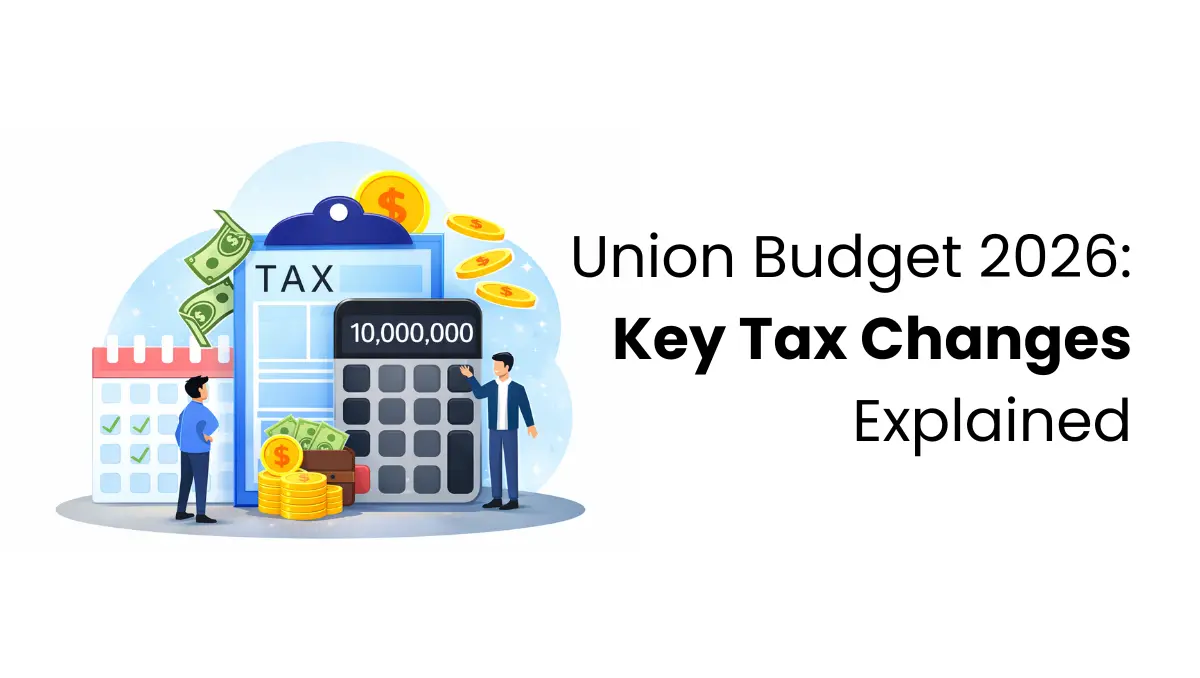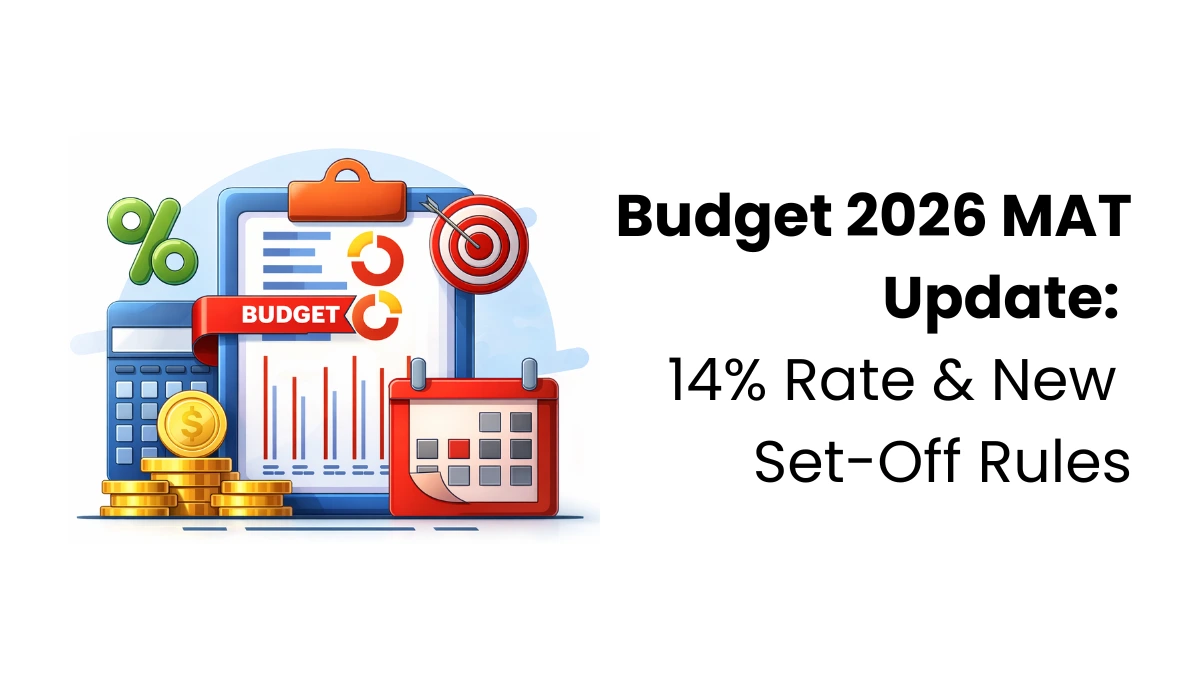Source documents in accounting are records used to track business transactions, providing proof for auditors when they review a company’s financial statements. . They help prove that transactions happen when auditors review a company’s financial statements. These documents usually include transaction details, the date, the amount of money, and a signature. Some source documents in accounting also have stamps for approval or notes on which accounts to use.
Source documents in accounting can be paper or electronic. For example, an electronic record of an employee’s work entered through a company’s timekeeping system on a smartphone can be a source document.
Importance of Source Documents in Accounting
Importance of source documents is to prove that business transactions took place. These documents are necessary for a business to show auditors that the transactions in its financial statements are accurate. Additionally, if someone in the business needs to look back at past transactions, having well-organized source documents, either on paper or digital, is necessary for accurate research.

Examples of Source Documents in Accounting
Bank Statement
A bank statement shows various adjustments to a company’s cash balance that need to be recorded to match the bank’s records. Businesses may download bank statements daily to perform daily bank reconciliations, which help detect fraud and understand the current cash balance.
Cash Register Tape
This tape serves as proof of cash sales and supports the recording of sales transactions.
Credit Card Receipt
A credit card receipt provides evidence for the use of petty cash and can be used by the payables staff to verify and pay the credit card statement balance.
Lockbox Check Images
These images show cash receipts from customers. They are kept on the bank’s servers, not the company’s, which can be problematic if the bank deletes them after some time.
Packing Slip
This slip lists the items sent to a customer and helps record a sale. It can also be used to check if deliveries have been made.
Sales Order
This document, along with a bill of lading or packing list, is used to bill a customer, creating a sale record. It tracks a customer’s order through the company’s process until the items are shipped.
Supplier Invoice
A supplier invoice is a document showing the amount to be paid to a supplier. It helps record expenses, inventory, or assets in the company’s accounts.
Time Card
A time card records an employee’s hours worked. It supports payroll and, if hours are billed to customers, helps create customer invoices.
For example, in a consulting firm, employee timesheets track hours worked. These hours are billed to customers, creating sales and accounts receivable entries. Here, the timesheet acts as the source document for a sale.
Controls Over Source Documents
Several controls can be used to ensure source documents are recorded correctly. Pre-numbering documents helps track missing ones. Another control is matching account balances with source documents to ensure all transactions are properly recorded and supported.
How Long to Keep Source Documents?
Various rules require keeping some source documents in accounting for several years. Even if it’s unnecessary, it’s wise to keep these documents as proof for lawsuits or provide better customer service. Companies should have a clear policy on when and how to destroy documents, ensuring they are kept for a certain number of years before being shredded or disposed of.
To learn more about accounting, check out Finprov Learning. Finprov offers short-term accounting courses and a wide range of programs. Our best accounting courses after graduation include CBAT, PGBAT, Income Tax, Practical Accounting Training, PGDIFA, DIA, GST, SAP FICO, Tally Prime, MS Excel, and more. Whether you’re a graduate or a professional, our carefully designed accounting courses with job placement ensure a thorough learning experience.
At Finprov, we don’t just focus on theory; we provide hands-on practical training to give learners real-world skills. Plus, we offer placement assistance to help you kickstart your career after completing the courses. Contact Finprov today to explore accounting opportunities and enhance your knowledge for a brighter future.










